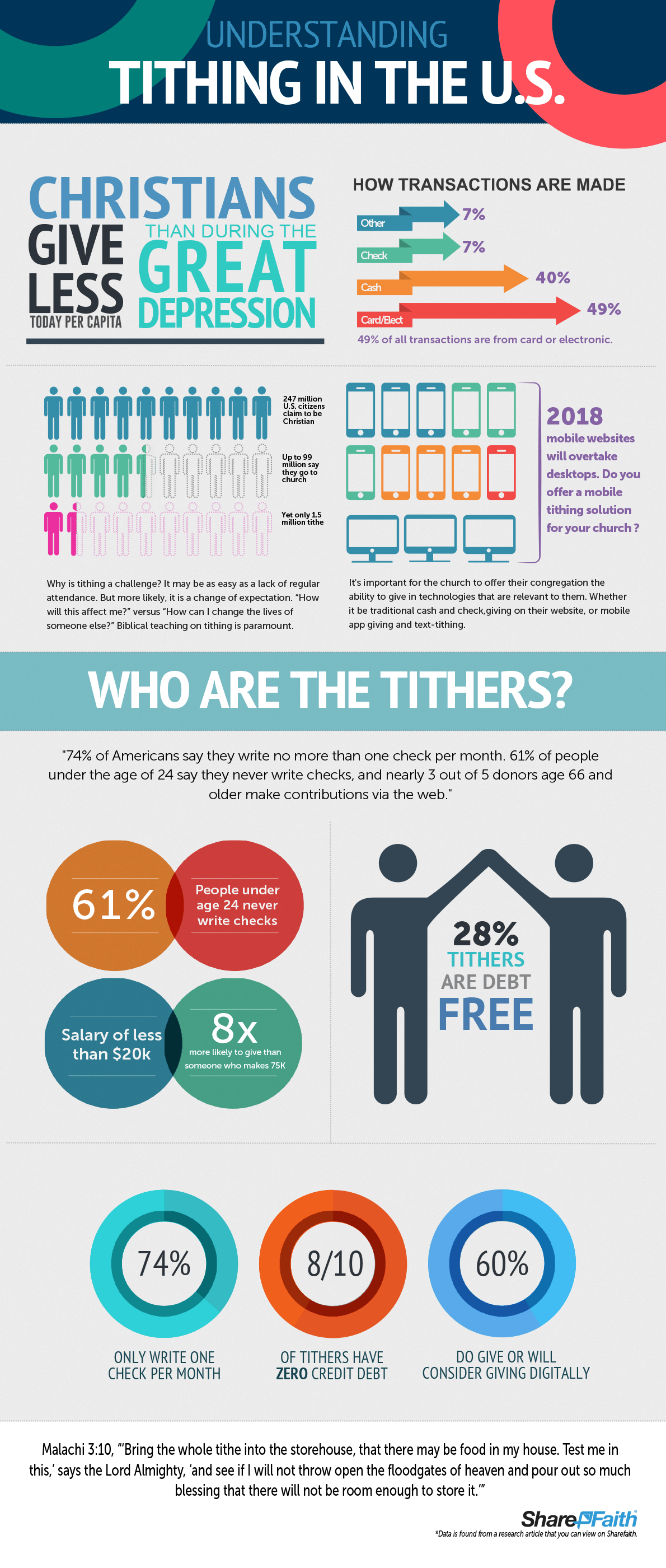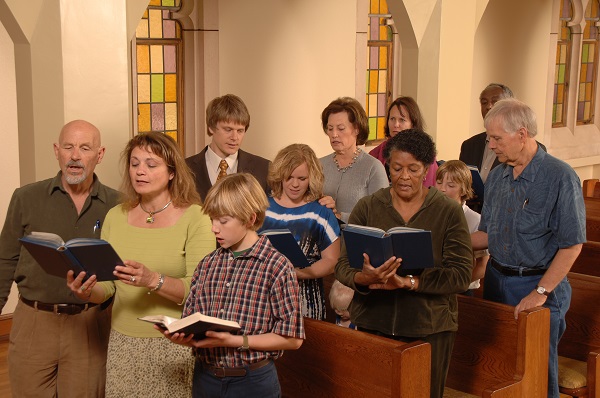Tithes are an important part of many churches’ income. And while it may not seem like a lot, providing a certain percentage of your income can go a long way in supporting your church. But what is tithing, exactly? And how much should you tithe to your church? This and other questions are answered in this blog post.
What is tithing?
Tithing is a term used in the Bible to describe a ten percent contribution of one’s income to their religious institution or charity. While there are many different interpretations of what constitutes tithing, the basic principle is that it is an act of dedication and generosity.
There are several benefits to tithe including:
1) It helps support your church financially.
2) It encourages you to live a holy life and give back to your community.
3) It builds relationships with your church members and gives them a sense of ownership over the church organization.
4) It can help you develop a deeper connection with God.
5) It can provide financial stability in times of crisis.
What does the Bible say about tithing?
According to the Bible, tithing is a practice commanded by God. The Bible instructs Christians to give 10 percent of their income to the church (Deut. 14:28). However, this does not mean that all Christians should tithe in the same way. Some churches allow for different levels of tithing based on how much money a person makes.
Tithing is also important because it helps support church ministries and projects. When Christians give sacrificially, they show that they care about their community and God’s work in it.
How much should you tithe?
Tithing is a biblical principle that asks Christians to give 10 percent of their income to their church. There is no one right answer for how much you should tithe, as the amount will depend on your income and how generous you feel. However, some general guidelines can help you get started.
First, determine what percentage of your income you would like to tithe. For example, if you make $50,000 a year and want to give 10 percent of your income to your church, you would give $5,000 per year.
Second, find out how much money your church receives from tithes each year. This information can be found in the church’s annual financial report or on its website. The amount of money your church collects from tithes will vary depending on the size and location of the church, but it is usually in the tens of thousands of dollars.
Finally, divide your annual income by the amount your church collects from tithes each year to find out how much tithing corresponds to each dollar you earn. For example, if your annual income is $50,000 and your church collects $60,000 from tithes each year, then tithing corresponds to 18 cents per dollar earned.
Who should tithe?
If you are a Christian and tithe, there is no right or wrong answer. The amount that you tithe is a personal choice that will vary based on your income, expenses, and other financial situations. However, there are some general guidelines that can help you determine how much to tithe.
First, it is important to understand that tithing is not just a one-time act of giving. It is an ongoing commitment to give back to God through Your local church. Whenever you have extra money in your budget, consider putting it towards your church’s annual fundraiser or special missions projects.
Second, when deciding how much to tithe, take into account your income and expenses. Generally speaking, the wealthier you are the more you should be giving back to your church. However, this isn’t always the case. If you are struggling financially but still attend church regularly, consider tithing less than what would be required if you were wealthy.
Third, keep in mind that everyone’s needs are different. This means that there is no single amount that applies to everyone when it comes to tithing. What works for one person might not work for another person. Instead of trying to fit into a specific category or formula when determining how much to tithe, simply try and give as much as you can each week without feeling guilty or overextended.[/content]
When should you begin tithing?
Tithing is an important principle in the Church of Jesus Christ of Latter-day Saints. The traditional practice is to give 10 percent of your income to the church, but there are other ways to tithe as well. Here are some guidelines you can use to decide when to begin tithing:
If you are a member in good standing and receive a living allowance from the church, begin tithing on your first paycheck after you have earned enough money so that 10 percent of your income will go toward your tithing obligation. If you do not receive a living allowance, or if your allowance is less than $100 per month, begin tithing on your first paycheck after you have earned enough money so that $10 will go toward your tithing obligation. If you are disabled and qualify for an increased disability pension, beginning tithe payment is waived until you reach 80 percent of your former earnings.
Conclusion
If you’re still struggling to decide how much money to give to your church each month, this article may help. In it, we discuss different factors that should be considered when determining how much tithing is necessary. We also provide a few tips on how to dispute any deductions made from your giving if you feel they are not appropriate. Finally, we suggest setting aside an appropriate percentage of your income specifically earmarked for tithes and offerings. So whether you are just starting out or have been giving generously for years, reading this article can help make thoughtful and informed decisions about how much money to give to your church.






